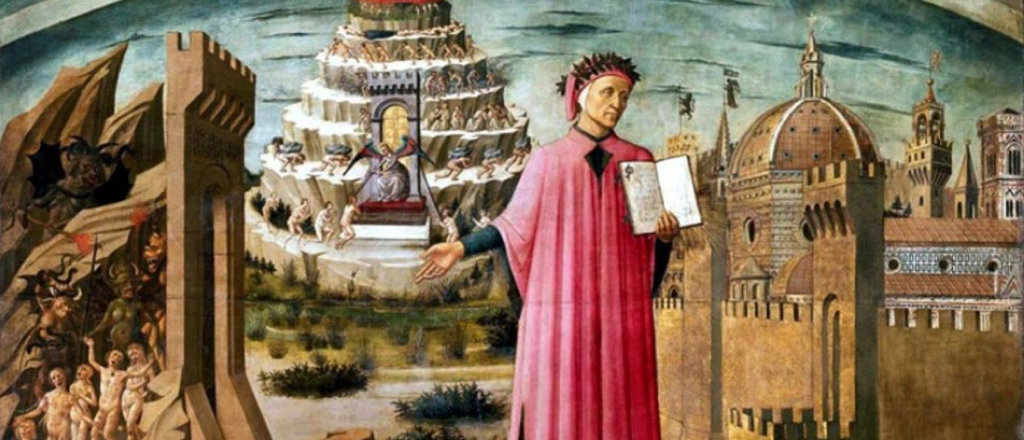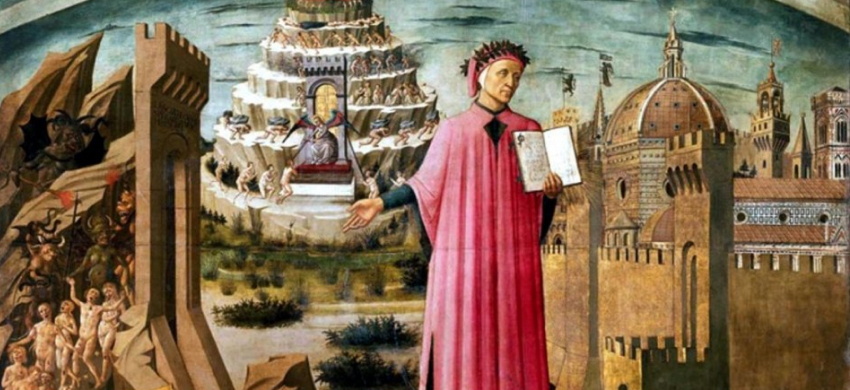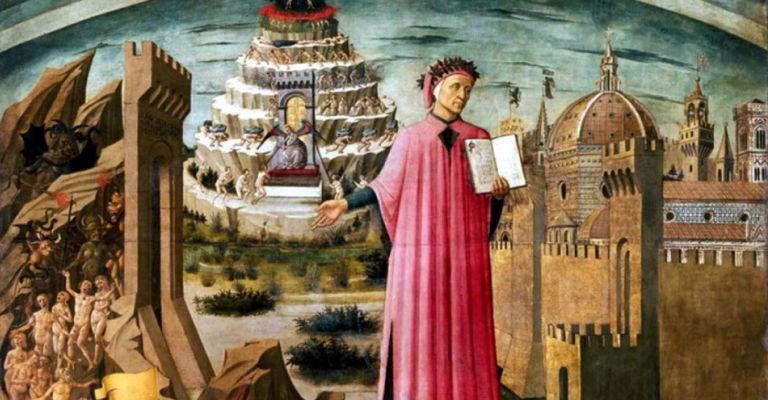The Literature major refines students’ capacities to interpret human experiences creatively represented in the written word. Poetry, drama, novels, and stories present a universe of human imagination for Literature students to explore critically. Drawing on the unique linguistic diversity of the students and faculty at Yale-NUS, the Literature major features courses in world Anglophone literature and beyond: our students also pursue studies in Chinese languages, ancient Greek, and Latin in Singapore and abroad, often in conjunction with the Chinese Studies or Global Antiquity independent minors. Graduates in Literature will exercise their versatile skills in attentive reading, persuasive writing, and cross-cultural criticism wherever sophisticated interpretative and rhetorical awareness is required, for instance, law, journalism, education, and marketing. Training in Literature also enhances creative pursuits in writing, screenwriting, and game design.
I chose the Literature major because it was the natural next step for me in a trajectory that has its root in my childhood love for reading and writing. With only six Literature majors in the Class of 2017, we not only got to know each other very well, but we also got to establish close working relationships with our professors that might be impossible in other majors or colleges. My enthusiasm for literature and writing in general has led directly to the next stage of my will hopefully continue to guide me along my academic and professional journey.
- Isa Ho, Class of 2017
Careers with a Literature Major
With versatile skills in attentive reading, persuasive writing, and cross-cultural criticism, our graduates are well prepared for careers that require sophisticated interpretative and rhetorical awareness, such as law, journalism, education, and marketing.
Training in Literature also enhances creative pursuits in writing, screenwriting, and game design. Through the study of literature, students cultivate highly applicable skills, especially:
- Aesthetic analysis: the ability to identify details in a text and relate them to the work as a whole.
- Formulating arguments: the ability to craft debatable theses by using textual evidence appropriately, develop a confident authorial voice and identify the appropriate audience for their writing.
- Historical and cultural knowledge: the ability to identify, describe, and contrast the major authors, conventions, trends, themes, and texts in world literature.
- Critical reading: the ability to recognise, question and present alternatives to cultural assumptions, received ideas and normative values.
Here
are some of the companies and organisations that our Literature alumni have joined:
- Blackpeak
- British Council
- CBRE
- Enterprise Singapore
- Global Counsel
- Kingsmen Creatives
- Meridian West
- Singapore Ministry of Communication and Information
- Singapore Ministry of Education
- National University of Singapore
- New York University Shanghai
- Ogilvy
- Singapore Police Force
- The Learning Lab
- The Straits Times
- The Write Connection
- Vialma
The Literature major can also be an excellent preparation for a variety of graduate programmes, including Comparative Literature, Classical Studies, Chinese Studies, and English Literature. Literature graduates from Yale-NUS have gone on to a wide range of prestigious programmes, including:
- Religion and Literature at Yale Divinity School
- Comparative Literature at University College London
- Classics at Oxford University and Princeton University
- World Literature at Oxford University
- Communications and New Media at the National University of Singapore
- MBA at the Yale School of Management
- Journalism at Stanford University
Why did I decide to pursue a degree in literature? Many years ago, I found myself in a course on contemporary literary theory. In a moment of trying to be a joker, I decided to build my term paper for the course around Anglo-Saxon warrior poetry and gangsta rap—think Beowulf meets N.W.A. I relied on ideas of linguistic colonialism elaborated by New Historicist and postcolonial theorists. Such comparisons across space and time were not new at the time, I later discovered, but they were new to me.
What had started as a little bit of a prank, however, became a topic that absorbed me, and the final paper elicited from my professor the remark that, whether my argument worked or not, these “important” questions to raise, questions of power and the traces it leaves in languages and cultures. His use of that one word—“important”—altered my entire perception. I had thought literary study had mostly to do with liking to read and talk about books. But the idea that what we do could be “important,” could reverberate outside the classroom, or even affect the world, or train us to critically engage in the world—all of this shocked me into a new sense of the possible significance of literary study.
– Geoffrey Baker, Associate Professor of Literature





